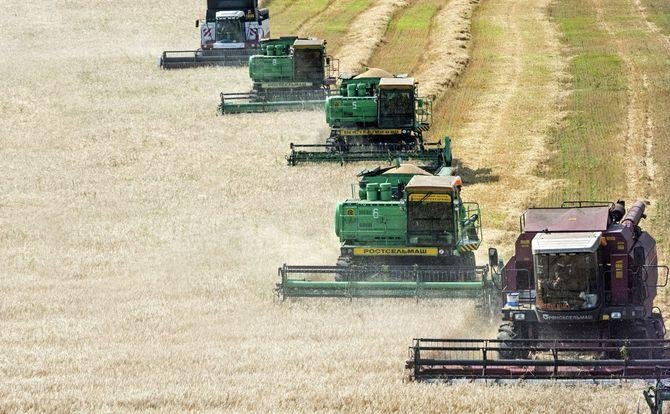The Russian pork sector has witnessed unprecedented integration over recent years. Top producers have strengthened their market presence, increasing their collective share from 76% to nearly 80% of commercial production between 2022 and 2024. This consolidation represents a strategic realignment within Russia’s animal products market, particularly evident in the meat sector where major players continue to absorb smaller operations.
Across the broader livestock industry, similar patterns emerge with varying intensity. Broiler production exhibits a comparable trajectory, with the top 20 producers expanding their market footprint from 64% to 70% during the same period. The table egg segment has experienced swift consolidation, primarily driven by Tavros Group’s acquisition of four businesses, which propelled top producers’ market share from 27% to 31%. Russia’s dairy farming remains relatively fragmented in comparison, the market share of leading raw milk producers inching upward from 7.9% to only 8.15% between 2022 and 2024.
Production volumes tell a compelling narrative about the industry’s evolution. Russian pork output is projected to reach the impressive milestone of 6 million tonnes annually by 2025, up considerably from 4 million tonnes recorded in 2019. This growth trajectory reflects the culmination of projects initiated during the infrastructure investment boom of 2017-2018, when the last soft loans under new investment projects in the industry were distributed to producers.
Price dynamics have taken an unexpected turn in the face of production increases. Despite a 3.6% rise in production during 2024, producer prices for pork have decreased by 2.2% since the beginning of 2025. This peculiar price behavior suggests complex market forces at work, perhaps indicating domestic saturation that normally would prompt producers to pursue aggressive export strategies.
The export landscape presents significant opportunities for Russian pork producers. Yury Kovalev, general director of the National Union of Pork Producers, anticipates exports could reach 320,000 to 350,000 tonnes in 2025. However, this projection hangs precariously on access to the Chinese market. Without expanded supplier certification, exports might plateau around 320,000 to 330,000 tonnes, whereas the addition of new certified companies could push volumes toward 350,000 tonnes. Chinese market access represents the cornerstone of which Russian export strategy will be built upon in the coming years.
Mergers and acquisitions activity, which fueled much of the recent consolidation, appears headed for a downward spiral in 2025 according to Ilya Shumov, managing director of the large business department at Russian Agricultural Bank. This predicted slowdown contradicts the aggressive expansion seen in previous years but aligns with the cautious approach being adopted by pork producers globally, who remain wary about expansion amid economic and political uncertainties.
The transformation of Russia’s pork industry represents a remarkable shift in self-sufficiency. For the first time in three decades, Russia achieved pork independence in 2020, eliminating imports that once dominated the market. This transition from import dependency to export capability demonstrates the effectiveness of the industry’s strategic development efforts over the past twenty years.
Challenges loom large on the horizon for industry stakeholders. Logistics infrastructure requires significant enhancement to support export ambitions. The establishment of a robust domestic breeding program constitutes another pivotal requirement for sustained growth. These foundational elements must be tackled with deliberate strategies if the industry hopes to maintain its upward trajectory.
The consolidation trend, while creating efficiencies, raises questions about market competition and pricing power that may eventually catch regulators’ attention. Though currently focused on growth, the industry must navigate the delicate balance between scale advantages and competitive market structures that benefit consumers through reasonable pricing and product innovation.
What remains certain is that Russia’s pork sector has transformed itself from follower to contender in global markets, with major agribusiness entities driving this evolution through strategic expansion and vertical integration. Their continued success will depend largely on their ability to address both domestic and international challenges in the coming years.

